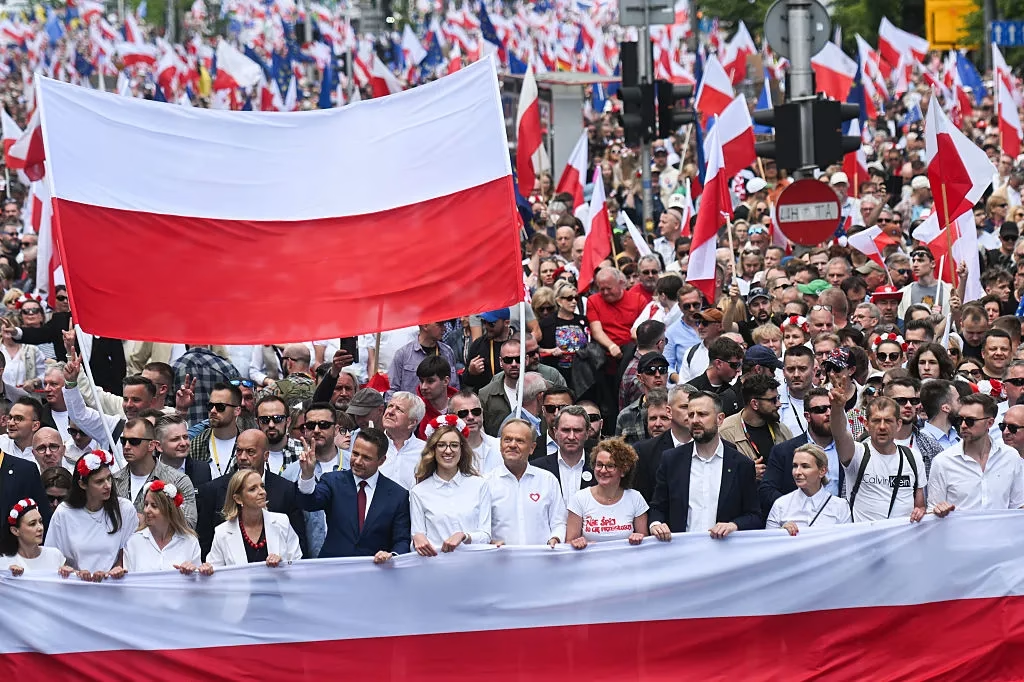
Poland in the ‘coexistence’ of liberals and right-wingers
Karol Nawrocki’s victory in Poland’s presidential election signalled a major political shift. Poland is making a sharp turn to the right, increasing its orientation towards the US and Donald Trump while increasingly alienating itself from the EU. A president with tough rhetoric and informal ties to Kaczynski is poised to block Tusk’s liberal reforms and reshape the country’s political field by 2027.
Polish pendulum swings to the right
On the morning of 2 June, Poland’s National Election Commission summed up the results of the presidential election. After counting, it was announced that the new head of state was the Law and Justice (PiS) candidate Karol Nawrocki. He won 50.89% of the vote, while his rival, Warsaw President Rafał Trzaskowski, the candidate of the ruling Civic Coalition party, won the sympathy of 49.11% of Poles. The election outcome can be seen not so much in the context of who will move into the presidential palace Belvedere, but as a referendum of confidence in the current ruling coalition led by Prime Minister Donald Tusk, whose alliance with EU officials has been completely outplayed by right-wingers allied with Trump and the administration in Washington.
Anti-government sentiment in the election exceeded expectations, and Donald Tusk was forced to initiate a vote of confidence in order to maintain legitimacy and hold the shaky coalition together. The liberals can now forget about changes in the prosecutor’s office and the judiciary, which was too imbued with the PiS establishment, and the ‘sweet’ promises they made before the 2023 elections. It will now be difficult for them to nominate ambassadors without Nawrocki’s approval, and any change to a key position in the army, which the Civic Platform sought to make manual, must also be approved by the president. Expect conservative resistance even on innocent issues, and the ruling camp may collapse, because it has many weaknesses in the form of both the overly right-wing and compromising Władysław Kosiniak-Kamysz and Tusk’s jealous Szymon Hołownia.
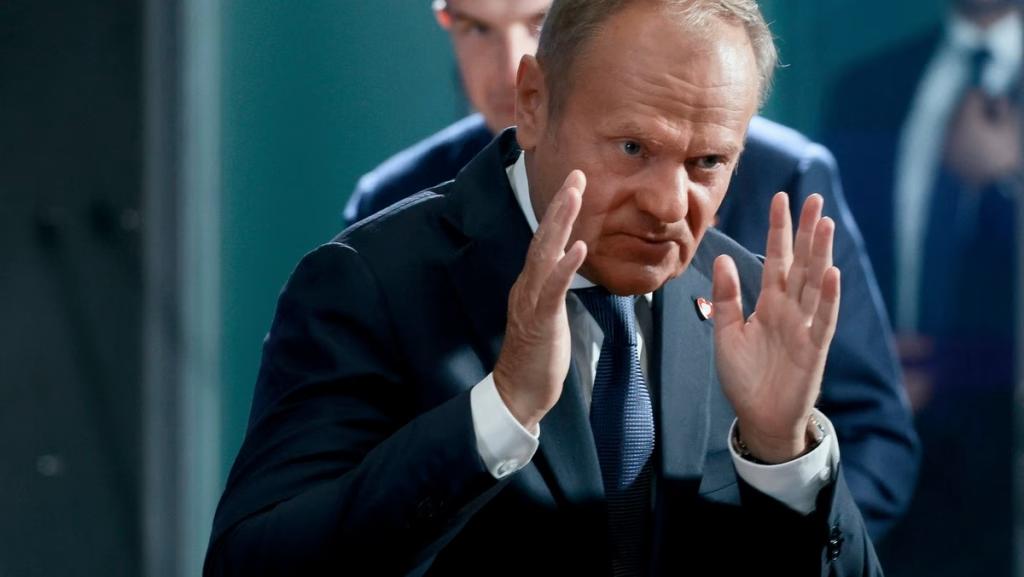
Photo by Newsweek
There is a growing conviction in the government that President Nawrocki will not be a passive successor to Duda, but a hardliner of Jarosław Kaczyński’s line. He is expected to block all significant initiatives of the ruling coalition, strengthening the position of PiS. Nawrocki’s victory was also a foreign policy success for Donald Trump, who, although not fully convinced of his victory, publicly supported him during the campaign. Poland, despite pressure from Brussels, reaffirms its commitment to the ‘American orbit’ and is not ready to submit to the EU’s concept of ‘strategic autonomy’, which implies distancing itself from Washington.
With the election of Nawrocki, it will be easier for Trump’s team to realise the course of restructuring European political regimes. This strengthens the influence of the PiS in the eyes of the American right. State Department senior adviser Samuel Samson hinted at plans for a ‘civilisational alliance’ – a bloc of Christian countries such as Hungary, Poland and Germany (through the Alternative for Germany party) united around right-wing forces. He also rebuked the EU for trying to use political institutions against citizens and ‘our common heritage’, echoing the rhetoric of Polish conservatives.
The outcome of the Polish presidential election was an important signal from the outside: the trumpisation of European political regimes and the rise of Euroscepticism are gaining momentum. The PiS now faces a strategic choice – either to save its strength until the 2027 elections, or to try to bring down Tusk’s coalition now and seize the initiative.
A tactful pragmatist with a populist trump card
Yet after Karol Nawrocki’s victory in the Polish presidential election, the key question is the format of his co-operation with Donald Tusk’s government and the formation of his own presidential office. Supported by the Law and Justice party, Nawrocki emphasises his independence from party structures and intends to build his work on the principles of civic participation and expertise rather than party loyalty. He named the experienced politician and MEP Jacek Saryusz-Wolski as one of his main advisers, and he did not rule out hiring non-political people to work in the office in order to ensure the ‘civic character’ of the presidential team.
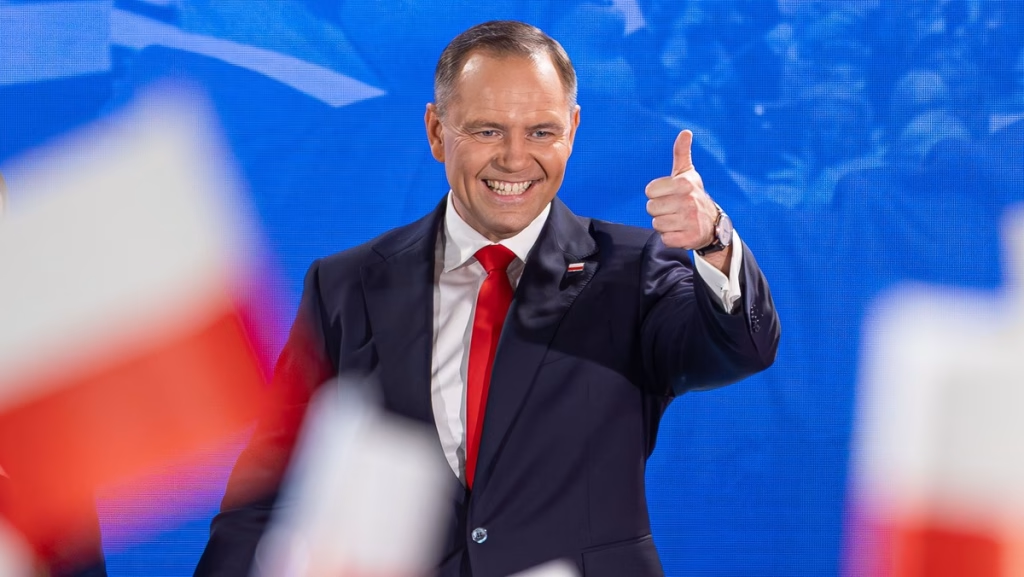
Photo by Newsweek
President Nawrocki has so far demonstrated pragmatism in his relations with Tusk’s cabinet, declaring his readiness to support initiatives that are useful for the country, such as diplomacy and taxes. At the same time, he promises to control the government strictly and to block decisions that, in his opinion, are detrimental to Poland’s interests, although no clear criteria have been specified.
Nawrocki stresses the need for dialogue with various political forces, including the Confederation and the right wing, contrasting himself with Tusk’s left-liberal bloc. This creates an image of a moderate politician, despite attempts to portray him as a radical. In practice, however, he will focus on populist criticism of the Civic Platform, blocking its controversial initiatives and strengthening ties with the US.
Internally, Nawrocki is aligned with Jarosław Kaczyński and acts in the interests of PiS, preparing the ground for the 2027 parliamentary elections, where the party hopes to regain full control of power.
Quiet preparations for a right-wing coalition
Even before the elections, Nawrocki was chosen by Kaczyński as the person furthest from the PiS establishment, which was a deliberate decision in the context of factions within the party seeking to remove Kaczyński from the party leadership. Despite Nawrocki’s many electoral weaknesses and his victory, which was the result of a protest vote, the election result strengthened Kaczyński’s position and showed the faithfulness of his chosen path. Under such conditions, Nawrocki will continue to emphasise his independence from party structures, including PiS, and his orientation towards professionals and representatives of civil society.
In practice, however, this will mean that Nawrocki will ignore any attempts at pressure from the PiS establishment opposed to Kaczyński, prioritising informal contacts directly with Kaczyński and his inner circle. An indicator of this tactic is the formation of the Nawrocki administration, which did not include any of the representatives of alternative factions within PiS. Thus, Pawel Szefernaker, former head of the Polish Interior Ministry, was appointed head of the administration. He is loyal to Kaczyński and supervised the election campaign of the new president, and is likely to have controlling dirt on Nawrocki.
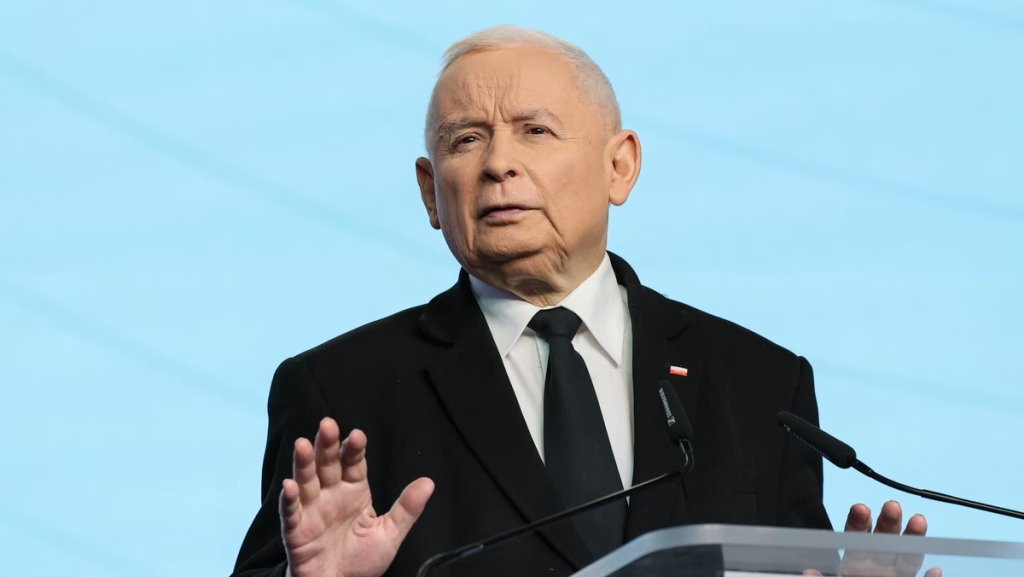
Photo by Newssweek
In addition, the former director of the Military History Bureau (WBH), Slawomir Cenckiewicz, who is close to former Minister of National Defense Mariusz Błaszczak, who is most loyal to Kaczynski, may become the likely head of the National Security Bureau. And another of Mariusz Błaszczak’s nominees, General Krzysztof Radomski, former head of the Military Control Inspectorate, who was previously dismissed from his post by Defence Minister Wladyslaw Kosiniak-Kamysz for political reasons, will serve as military adviser.
In foreign policy, Nawrocki’s main orientation will logically be towards contacts with the United States and Donald Trump’s administration, within which Warsaw will try to follow as much as possible in the fairway of American interests, opportunistically changing its views depending on Washington’s line. Before the election, the Trump administration had doubts about the political stability of PiS and Kaczyński personally, and only in the last two weeks has the candidacy of Nawrocki been supported at the level of public rhetoric. However, Kaczyński has consolidated his leadership in the party after the elections, and he will retain the chairmanship at the next conference, while factional contradictions within PiS will not come into the public sphere, and this situation, in the absence of serious excesses, may last for another two years. During this period the basic plan of the PiS will be to form a broad tacit coalition of right-wing parties together with the ‘Confederation’ and the ‘Confederation of the Polish Crown’ (KPK), and negotiations on this have probably already begun.
Moderate Atlanticism with a nationalist face
In order to achieve a majority in the Sejm (55-60%), it is advantageous for the right-wing parties to maintain public independence and mild criticism of each other. In foreign policy, Nawrocki will take a hard line in relations with the EU and Germany, insisting on Polish sovereignty, defence of national economic interests and protectionism. He will block Tusk’s initiatives that contradict this strategy, including ambassadorial appointments to EU countries.
While Kaczynski acted with restraint in 2015-2023, controlling the state apparatus, the course will now be closer to the positions of Orban and Fico – more effective and endorsed by the Trump team. Within NATO, Nawrocki will maintain a moderate approach, supporting the American line of increasing defence spending, which resonates with PiS voters.
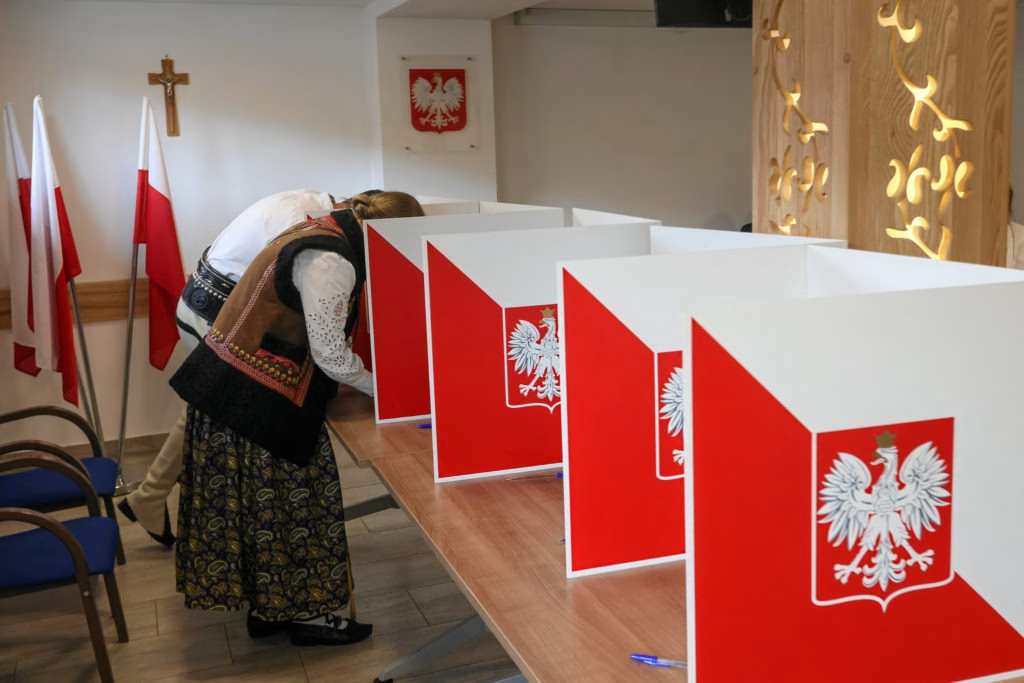
Nawrocki is a patriot with right-wing nationalist views, a careerist and pragmatist, and a reliable player in Kaczyński’s system. Nawrocki was born in 1983 into a working-class family in the Gdańsk-Siedlce area, and his father Ryszard Nawrocki was a member of the anti-communist movement. These facts, both social and family, strongly influenced the formation of his far-right nationalist beliefs already in his childhood. At the same time, already from a young age he was politically engaged and strived to get a good education in order to increase his social status. That is why he chose the profession of a historian, as well as the politically correct topic of his thesis “Social Resistance to Communist Power in the city of Elbląg 1976-89”, which he defended at the University of Gdańsk. After graduation, he did not join PiS, as he felt the instability of this party and believed that membership in it could hinder his development in academia, i.e. in his chosen career path. Nevertheless, he maintained business relations with PiS politicians and during his work since 2013 as director of the Institute of National Remembrance branch he came to the attention of Jarosław Kaczyński, who appreciated his combination of qualities of controllability, caution and ambition. It was at Kaczyński’s informal suggestion that he was elected director of the entire Institute of National Remembrance in July 2021.
At the same time, Nawrocki is tightly linked to both ABW and US CIA structures, and has not only informal trust from them, having previously carried out their sensitive assignments, but also formal clearance to Poland’s and NATO’s secret documents, due to his status as a historian who needs the necessary levels of clearance. This further shows his connection to Trump. This means that Poland, in the ‘coexistence’ of liberals and right-wingers, is entering the first line of confrontation between the conservative US and the liberal EU, and the coexistence will not be peaceful.

